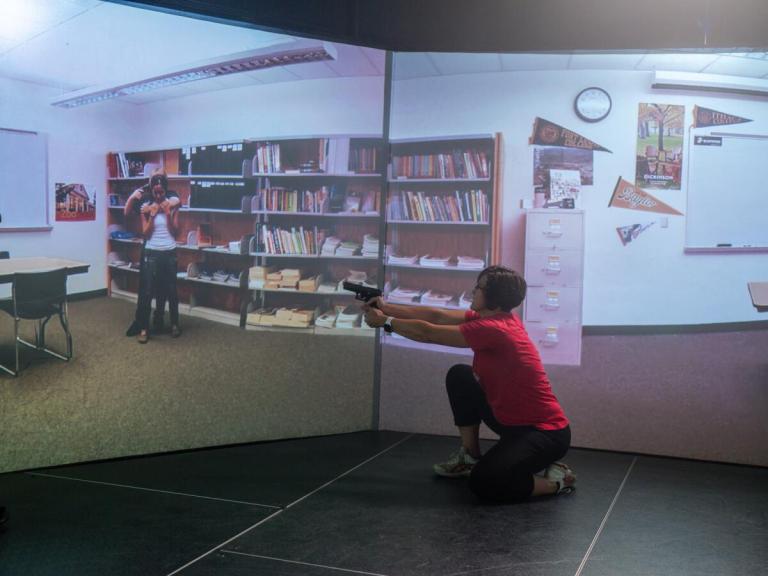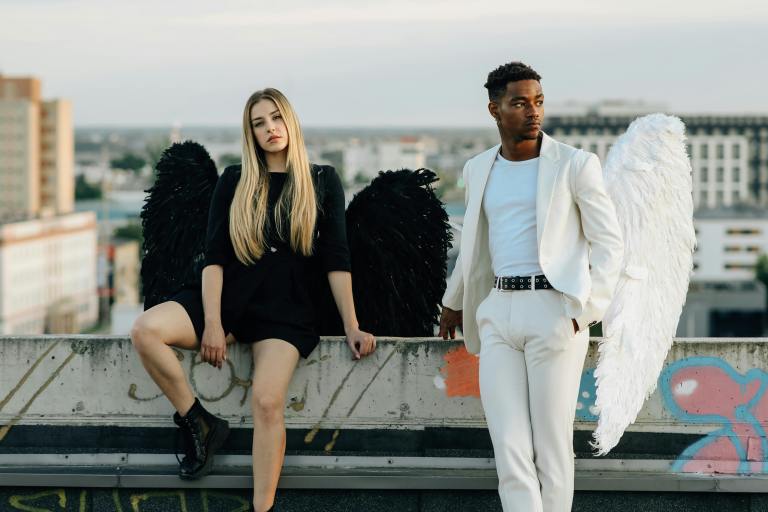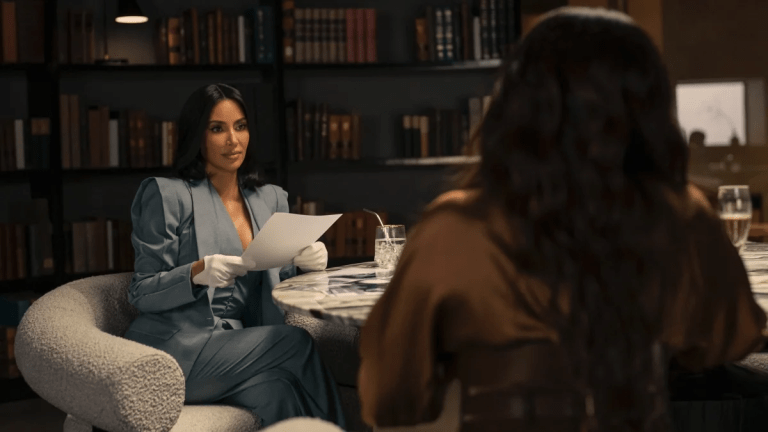
An Ode To The Early 2000s Romantic Comedy
Fellow lovers, dreamers, and comedy connoisseurs,
We’re gathered here to remember the life of the 2000s romantic comedy, an era that taught every young Millennial that we could indeed “have it all.” The career, the beautiful house, and that special brand of fairy tale love that could only come right before an economic downturn. And some of us even hold out for that dream decades later–that’s the pink-tinged, flower petal-filled power the 2000s rom-com holds in our hearts, and why we mourn the long-gone era today.
First, let us bow our heads and let the immortal words of Bobby Ray from Sweet Home Alabama (2002) soothe our grieving souls:
“You can take the girl out of the honky tonk, but you can’t take the honky tonk out of the girl.”
Thank you Bobby Ray. May we never lose our honky tonk.
The 2000s rom-com era ended before any of us were ready. It left us quietly, slowly replacing the delightfully formulaic happily-ever-afters with irreverent, ending-less indie romantic dramas that would come to follow. Where once we laughed at grandmas revealing the intimate details of their sex lives in The Proposal (2009) or watched an aimless man fall in love with a sassy ghost in Just Like Heaven (2005), our Netflix queues instead filled with jilted Millennials complaining about life and never really getting the ending they deserved. We no longer had the escapism that 2000s rom-coms brought us, and instead had an oft-unwelcome dose of reality in what passes for romance in the modern era.
In 2023 and beyond, we feel the early 2000s rom-com’s absence in everything we do. Just the other day, as I scrolled aimlessly through terrible options on Tinder, I reminisced about the surprisingly good adaptation, A Cinderella Story (2004). Why couldn’t I have my own Chad Michael Murray to text anonymously and slowly fall in love with over increasingly personal chat messages? And what are former Nickelodeon and Disney Channel stars to do now that 2000s rom-coms aren’t providing them a way to step outside of their repressive, sanitized bubbles and into new, slightly more PG-13 acting projects?
Podcasts, I suppose.
Of course, we must remember the accomplishments that the early 2000s rom-coms had in their glory days. Who can forget Amanda Bynes transforming her weird, big-eyed version of a boy into something so convincing by the end of She’s the Man (2006)? Or how Meg Ryan continued her ’90s rom-com aesthetic into the new era in Kate & Leopold (2001), simultaneously showcasing a then-unknown Hugh Jackman as a man out of time? Or The Holiday (2006) and Love, Actually (2004) doing more for holiday romance than the 100+ Hallmark Originals we now get every year, combined?
Now that we lay the 2000s rom-coms to rest, we can appreciate what the era leaves behind. Gone are the days when we’d get several teen rom-coms a year that helped us feel a little less alone. We can no longer dream of one night changing our lives forever like it did for Nick and Norah and their infinite playlist. We’re adrift in a sea of heart-wrenching modern romance that tears out our hearts and replaces the empty cavity with darkness and regret.
But the 2000s rom-coms will live on in our hearts and our watchlists, so we can always remember what it was like to hope and dream and find solace in a comforting formula. Thank you, rom-coms. You were the best of us.
Finally, I’ll leave you with the solemn and touching words of Regina George in the seminal early 2000s rom-com classic, Mean Girls (2004):
“Get in, loser. We’re going shopping.”
Truer words have never been spoken.











